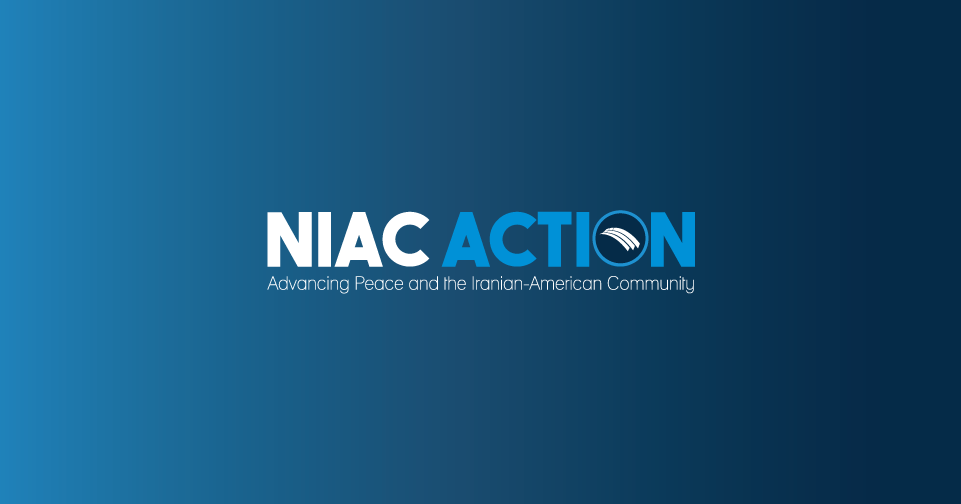Congress is considering passage of H.R. 3364, “Countering America’s Adversaries Through Sanctions Act.” This bill, the Iran-related parts of which passed the Senate in June (S. 722), would pose a risk of sparking military conflict with Iran and encouraging President Trump to act in breach of U.S. commitments under the Joint Comprehensive Plan of Action (JCPOA), the nuclear deal between the U.S., other major world powers, and Iran. Congress should avoid voting for passage of this bill absent legislative changes to ensure the U.S.’s sustained compliance with the nuclear accord.
By designating the IRGC a terrorist organization, H.R. 3364 undermines the safety of American troops stationed in Iraq and risks provoking an open military conflict between the U.S. and Iran.
Section 105 of the bill effectively directs President Trump to designate the Islamic Revolutionary Guard Corps (IRGC) – Iran’s main military force – a Specially Designated Global Terrorist (SDGT) pursuant to Executive Order 13224. Multiple administrations, including that of Presidents Bush, Obama, and even Trump – have declined to take this aggressive and unprecedented step, as the Pentagon has warned that designating the IRGC a terrorist group could endanger the safety of American troops in Iraq by provoking retaliation from Iranian-backed proxy forces, all the while exposing the U.S. military to reciprocal designation in Iran. Designating the IRGC a terrorist group thus risks endangering U.S. troops, undermining the fight against ISIS, and provoking open confrontation between the U.S. and Iran that could result in a war.
The bill interferes with the U.S.’s JCPOA obligation to lift additional sanctions on Transition Day.
Section 108 of the bill, as amended, does not resolve concerns that the provision could prevent the President from de-listing Iranian parties scheduled to be removed from U.S. sanctions lists on Transition Day, thus placing the United States in non-compliance with its JCPOA obligations. If, for instance, an Iranian person scheduled for removal from U.S. sanctions lists on Transition Day engages in activities that contribute to Iran’s ballistic missile program, the President is required to designate that person under Executive Order 13382 (or, if already designated under that Order, to add such legal basis for designation to the person’s evidentiary record). In doing so, the President may be precluded from removing the person from U.S. sanctions lists on Transition Day, as the person will now be the subject of a non-nuclear sanction imposed following the implementation of the JCPOA. Such an occurrence would place the U.S. in clear violation of the nuclear accord.
The bill gives the Trump administration new sanctions authorities to undermine the deal.
Section 104 of the bill mandates the President to impose sanctions on any individual that “knowingly engages in any activity that materially contributes to the activities of the Government of Iran with respect to its ballistic missile program.” It remains unclear how the Trump administration will utilize this mandatory sanctions authority to impose additional on Iran for its missile program, and the Trump administration could fairly interpret the provision in a broad manner that threatens U.S. compliance under the JCPOA. Given the President’s withdrawal from the Paris climate accord and his partial reversal of Obama’s Cuba opening, Congress should act with restraint amid expectation that President Trump intends to reverse the JCPOA.
New sanctions would backfire by empowering Iranian hardliners.
Iran has re-elected Hassan Rouhani over a hardliner after he campaigned for openness at home and further negotiations with the West. New Congressional sanctions threaten to negate his mandate. Escalating sanctions will only serve to empower those hardliners that thrive under sanctions and the threat of war, like the IRGC, while undermining Rouhani as he seeks to cooperate with the West and to rein in provocative hardline forces.
Back to top